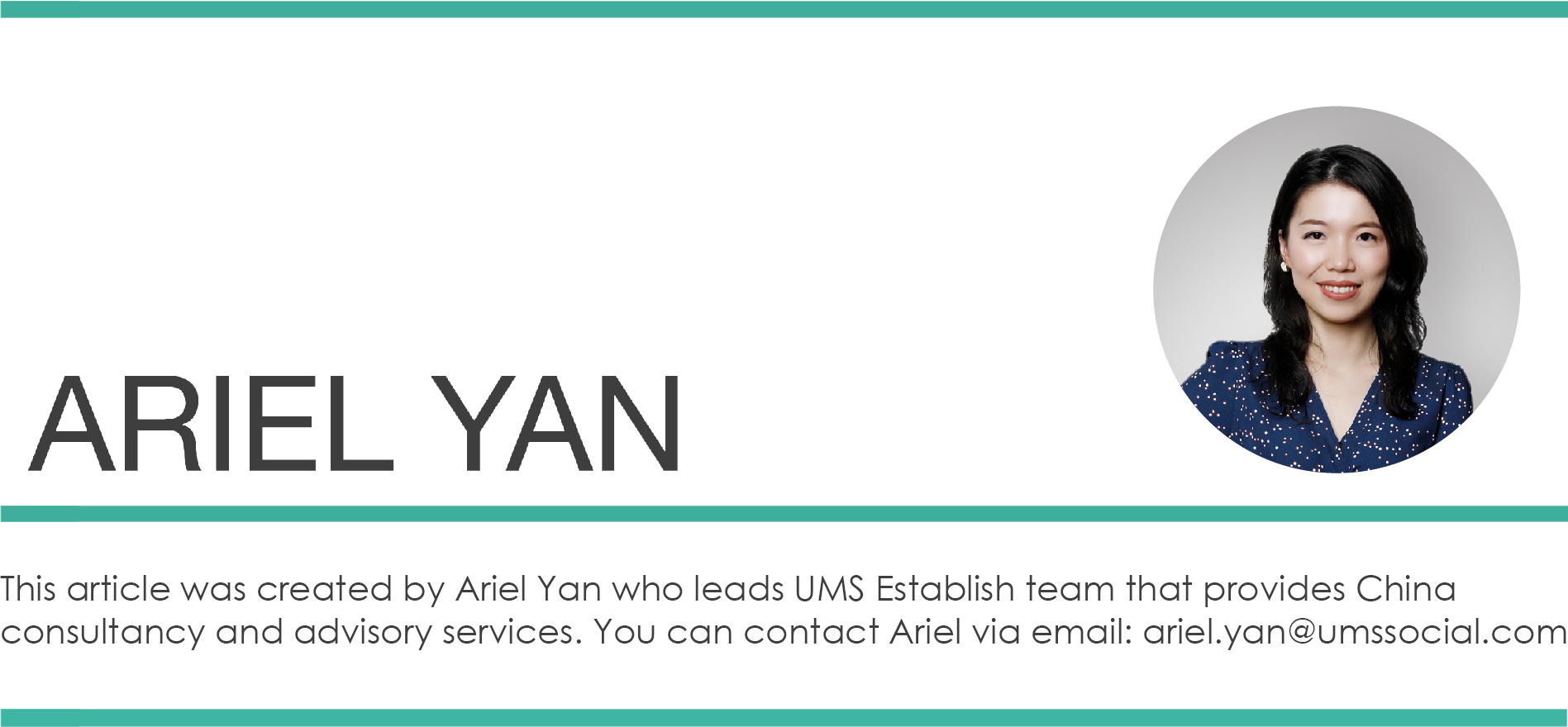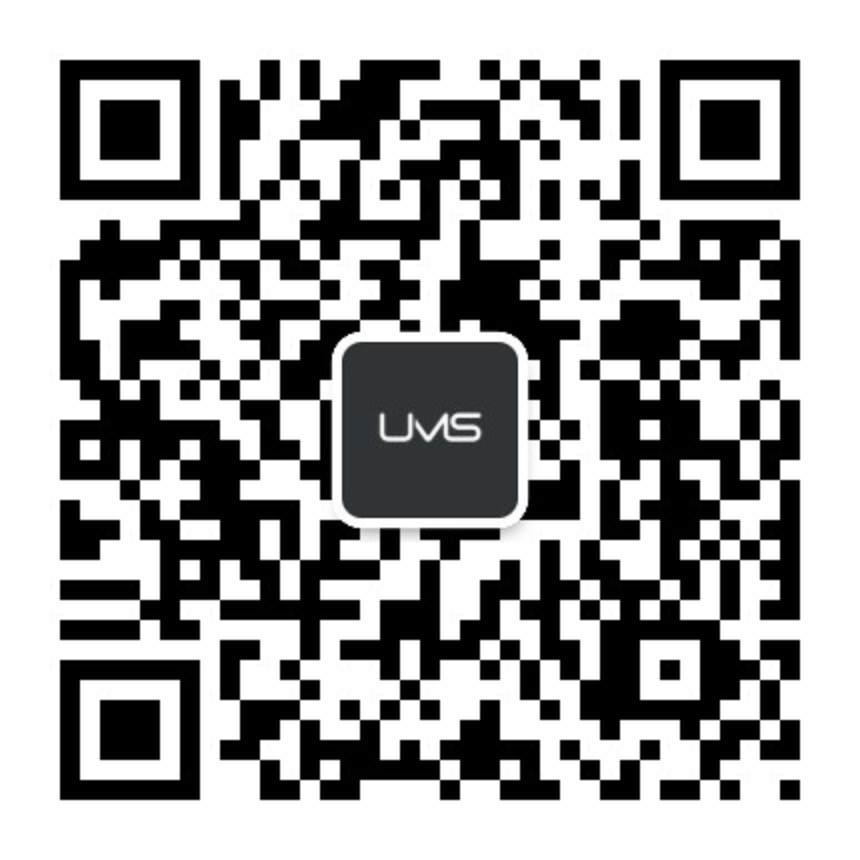

To give a general idea of what’s in the UMS’ bespoke China Daily Morning Brief, a daily email service focused on four industry categories – Education, Tourism, Food & Beverage, and Health & Skincare, I decided to write a summary of the July insights our team published. The Morning Brief reports on the latest buzz on social media and what topics have been discussed most in China’s market. Providing a broad reference for four different industries: education, travel, food and beverage, and health and wellness, the publication enables brands to make proactive strategic decisions. Let’s take a look at some of the themes that were highlighted in July’s publications.
1. Education industry
Under the influence of the COVID-19, Chinese students still maintain a strong willingness to study abroad. However, many parents and students find it difficult to make studying abroad decisions because of the pandemic and dynamic policies. More than half of the international students waiting to be admitted to universities are Chinese, and many who have already been admitted are still waiting to return to their studies. However, the UK’s education industry can now see the light at the end of the tunnel. Thanks to its efficient vaccination programme, the UK was able to open its borders in June and is now able to welcome Chinese international students to the country. The number of mainland Chinese students applying for admission to the UK undergraduate in 2021 hit a record, reaching 25,810, an increase of 21% over the previous year.
The Australian National University and the Shanghai Australian Association have created a unique partnership, opening the first learning centre in Shanghai which provides learning platforms and college service projects. Some international students have been able to enter Australia in July through pilot programmes, however the nation’s low vaccination rates provide international students with little confidence.
2. Travel industry
Across the globe, travel policies, vaccination rates and travel bubbles are uneven, making it difficult for people to travel internationally and trust other countries. Australia and Singapore’s travel bubble plans were supposed to start during July, but due to the slow pace of Australia’s vaccine promotion and continued outbreaks, the travel bubble with Singapore was postponed. 80% of Australia’s population was affected by the resurge of the pandemic and subsequent lockdowns. Australia maintains a tight border, of 31,915 exemption applications, only 2288 were approved, a rejection rate of 69.82%. However, even when the pandemic situation is resolved, tourism experts warn that unless Australia’s diplomatic relations with China improve, Chinese tourists are unlikely to be as enthusiastic about travelling to Australia as before the outbreak of the pandemic.
China Southern Airlines and the International Air Transport Association (IATA) formally signed an IATA travel pass application test agreement, becoming the first airline in China to participate in the IATA travel pass test. It may take three years for Asian air travel to fully recover from the devastation caused by the epidemic. The pace of recovery in the region lags behind the United States and Europe.
3. Food and beverage industry
In addition to pork, with the improvement of life quality, many Chinese are becoming more inclined to consume beef, relying on foreign imports. Although China is not a meat-based country, it consumes a lot and pork is the most popular choice. However, many Chinese people are becoming increasingly inclined to consume beef. From 2005 to 2018, China beef consumption increased by 40.9%, from 5.614 million tons to 7.91 million tons. In May, U.S. pork sales to China were almost equal to Mexico, an increase of 7% over the previous month, Argentina is still very dependent on the export of beef to China.
Australian vegetable meat brand v2food announced its official entry into the Chinese market. The first products include v2food minced beef, minced pork and v2food beef burger patties. The plant meat market has a promising future, but there is still a significant gap between the taste and real meat. It is not easy to satisfy the discerning taste buds of consumers. In addition, the price is generally more expensive than traditional meat.
Recently, reports have shown that with the arrival of the 2021 grape harvest season, there may be a surplus of global bulk wine. Calculated by the export value, Spain, Australia and Italy are the world’s largest bulk wine exporters so will be hit hardest. From July 1, 2020 to June 30, 2021, Australian wine exports totalled $2.56 billion Australian dollars, down 10% year-on-year. Spain quickly surpassed Australia to become China’s fourth largest wine importer, second only to France, Chile and Italy. The downward trend in wine imports from Australia to China continues to signify an opportunity for domestic wines and other nations.
4. Health & Wellbeing
Hyaluronic acid has been listed as a food raw material, and oral hyaluronic acid beauty supplements have welcomed a period of development. Women dominate among oral beauty consumers, and the number of post-90s and post-95s consumers has increased. Since hyaluronic acid was approved as a food material, many brands have hoped to seize the market. In the short term, the three domestic hyaluronic brands face little competition, but this is expected to change in the mid to long term. However, on July 11, China’s food industry analyst Zhu Danpeng told Times Weekly that at present, hyaluronic acid food has no data to support health claims as they are only food labels, so their functionality cannot be promoted in marketing.
At the 21st CBME Maternity, Infant and Child Exhibition the New Zealand United Pharmaceutical company reappeared, exhibiting cutting-edge products and technologies in the field of maternal and child nutrition and health. The exhibition focused on omni-channel commerce with the theme of “Global Docking, Empowering Industries”. At the expo, Vice President of Abbott Nutrition, said that Abbott will continue to strengthen innovation in the future because the Chinese market has been changing due to changing regulations and standards.
END.














